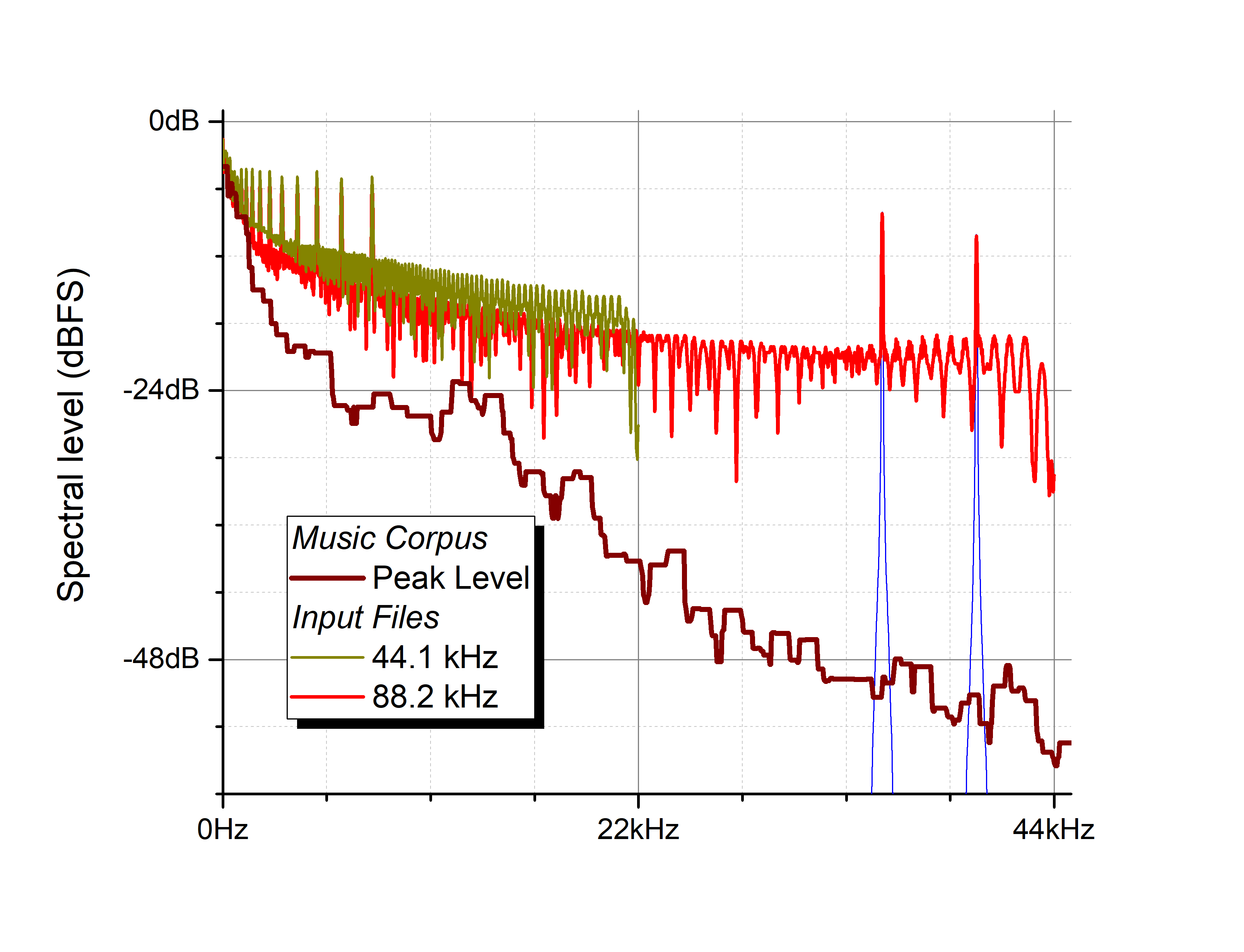- Joined
- Aug 14, 2018
- Messages
- 2,822
- Likes
- 8,320
So this takes us the this answer from MQA:
"MQA provided detailed feedback to the blogger before publication. [3] He ignored it and later dismissed our detailed guidance as ‘marketing’."
OP was clearly told that he could not encode test tones using the automated tools prior to publication of his first video:
“To help young artists and small labels get their music encoded in MQA and on to TIDAL, we recently enabled the service you used. However, that service is limited in flexibility and places obligations on the user. First, the encoder is fully automatic, which means it will use analysis to set parameters for each song as a whole; second it is intended strictly for music. This encoder is not configured to deal with content where, for example, the statistics change mid-song, or where the audio does not resemble natural sound. The onus is on the submitter to check the content when it arrives in TIDAL and confirm the sound. In this way, we can all be sure that the provider is happy with the Master and that, because of the light, everyone with an MQA decoder is getting the intended sound.”
This is not marketing. You were clearly told why the standard encoder (or any of their encoders) are not designed or optimized for encoding pathologically test signals. And that the encoder that was used for your content was not the optimized one they use.
This has been the same point I and others have been making.
Given this information, OP should have clearly stipulated that a different encoder was used than one for major labels and that he was warned the encoder would not work for his content.
MQA also blames GoldenOne for ignoring error messages generated by the encoder - except the content creator has no access to the encoder's logs or message output.
The MQA statement you quoted also assumes that it was only the "illegal" signals that created the issues, and GoldenOne in his video very clearly notes that the evidence seems to indicate that any digital 0.0 peaks - including "real music" - can create these problems.

